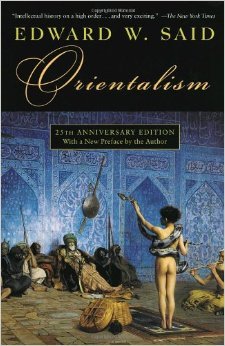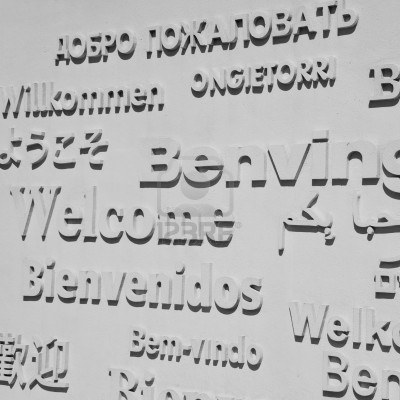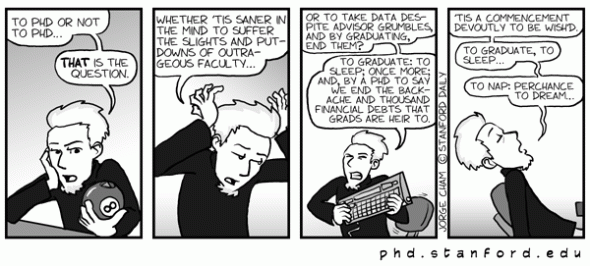First, I want to reiterate how much I appreciate the attention and time you are giving your own blogs and your peers’. You are really setting the bar high for each other. That is what graduate school is for–to push your brain’s function well past its previous abilities. I enjoy reading your different interpretations. They are the highlight of my week often.
If there is one theory that has informed my scholarship over any other, it is Edward Said‘s concept of orientalism. I wish it weren’t so relevant today. But as you can see from my presentation that I want you to watch (link below), I argue that it is more relevant today than ever. It is difficult for me to read anything without this lens, and I almost feel like I am cursing you and your ability to watch the news or have a conversation with a stranger again (as in the conversation I recently had where someone made the comment, “She may as well have had a towel on her head for as much as I could understand her” in reference to the woman she asked for directions. Sigh.) In my mind, there is nothing as dangerous as essentializing a population. Hence why I remind my Democrat friends that Republicans, too, love their families, etc. Essentializing is seductive in its ease. But it is also the first step in dehumanizing.
I imagine many of you will be able to share powerful narratives about being othered (some of you already have). Those personal connections are a strong tool when defining one’s subject position.
For your blog post this week, discuss the definitions and the Said reading and if you would like to apply it anything you are witnessing, feel free to do so.
So for this week’s required viewing, I humbly offer you a talk I have given in various forms at West Chester University, Lehigh University, and at our own KU–and then was invited to give at Shepherd University as part of a yearlong investigation of Malala–and most recently in Allentown. I am happy that so many people are willing to listen to what I have to say. And this idea that I present runs through much of my scholarship. Some see Said’s works as outdated; I wish it were.







